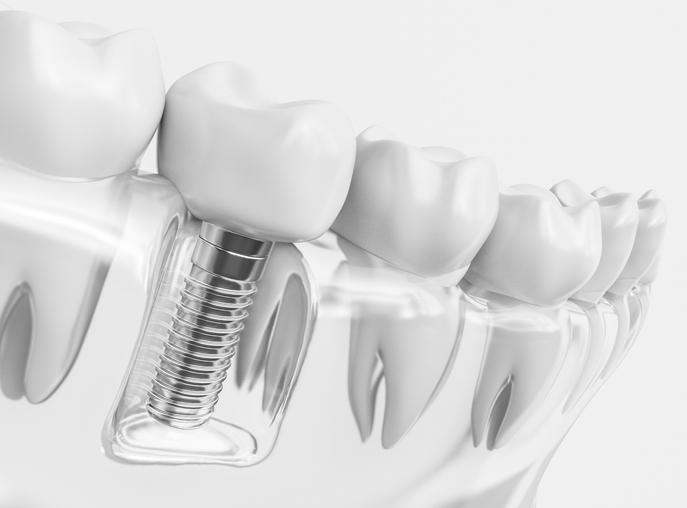
Illuminating peri-implant dysbiosis

An analysis may have uncovered the mechanisms responsible for peri-implant dysbiosis.
Prior research has determined that titanium particles from dental implants could increase the risk of peri-implantitis.
In the study, published in the Journal of Dental Research, investigators examined the complex relationship between host-microbiome interactions, host immunity, microbial ecology and implant biomaterial properties.
The investigators found that the release of particles during the process of implant degradation could promote a local immune response. For instance, titanium particles could be a key modulator of peri-implant dysbiosis and have been shown to be correlated with pathogenic shifts in the peri-implant microbiome. The investigators noted that titanium particles may play a role in inflammatory cascades in peri-implant tissues — such as toll-like receptor activation and inflammasome and complement signaling — leading to nonresolving inflammation that could render antimicrobial monotherapies ineffective.
The findings suggested that novel interventions targeting titanium-modulated inflammatory pathways may offer more effective treatment options in patients with peri-implantitis. The investigators emphasized the need for additional studies exploring the host-microbiome-biomaterial interplay.
Read more: Journal of Dental Research
The article presented here is intended to inform you about the broader media perspective on dentistry, regardless of its alignment with the ADA's stance. It is important to note that publication of an article does not imply the ADA's endorsement, agreement, or promotion of its content.